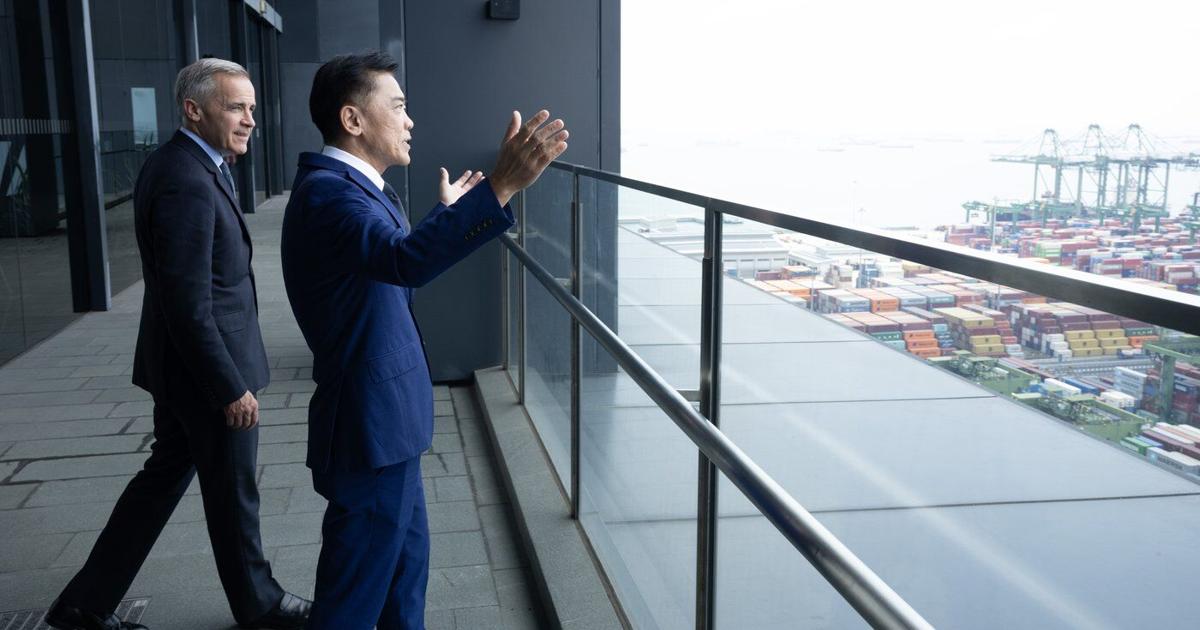Conservative Leader Pierre Poilievre speaks to supporters in Ottawa on election night. Before his defeat, no leader basked as much in the adulation from the throngs who cheered at his massive rallies, or seemed so gleefully comfortable in his refusal to answer reporters questions about his platform, writes Murray Mandryk.
The Canadian Press
For a job most assume would be a humbling experience, politics seldom seems humbling enough.
Perhaps the near-political-death experiences of some federal leaders in the Monday night election will change that.
But you all know the saying: “The definition of insanity is doing the same thing over and over again and expecting different results.”
The same might be said about the election result itself — the sixth minority Parliament this millennium that has only seen two majority governments.
There again, there was unintentional wisdom in the vote count that shamed a set of major party leaders often observed as the most arrogant we’ve ever had.
It was their reckoning — with former prime minister Justin Trudeau forced out by opinion polls and the resignation of one of his key ministers before this federal election call and then Conservative Leader Pierre Poilievre and NDP Leader Jagmeet Singh by the voters themselves.
It was a clarion call for a more productive Parliament — and nation — in which political partisanship and egos are parked while we relearn the lost Canadian art of political compromise.
This lesson should apply to “subnational” leaders, too.
Let us start with newly elected Liberal Prime Minister Mark Carney, who, one might think, has the most reason to be humble today.
In his reasonably gracious acceptance speech Monday night, Carney acknowledged that campaigning in Alberta and Saskatchewan wasn’t exactly a joyful experience. He and his new cabinet need to fully explore why.
As obstreperous as Western conservatives surely are, they are right that it never fully dawned on Carney’s Liberal prime minister predecessor that there were valid grievances on the carbon tax’s application to everything from the natural gas used to heat homes to the propane used to dry grains and oilseed.
“What I heard last night was a prime minister committed to representing all Canadians — regardless of where you lived,” Saskatchewan Premier Scott Moe told reporters Tuesday morning, calling for a meeting with Carney to discuss ways to move forward.
That path, according to Moe, mostly involves his own Saskatchewan Party government compromising very little while the new Liberal government alters clean electricity regulations, the 2030-end-of-life mandate for coal plants actually initiated by the former Stephen Harper Conservative government and major elements of the industrial carbon tax.
“The prime minister has some work to do,” Moe said. “There are some changes that need to be made.”
Some might suggest Moe’s own comments also lack the necessary humility and are probably more aligned with the overbearing, partisan brinkmanship that seemed to get us where we are today.
But the Saskatchewan premier happens to be right that the first overtures need to come from the new Carney Liberal government that just had its political execution commuted by U.S. President Donald Trump’s tariff bluster.
Notions from former federal environment minister Steven Guilbeault that we can’t even use natural gas for electrical generation — even if there are no other viable alternatives in the immediate future — is the kind of thing that offered legitimacy to the Western separatism stupidity.
This was a hard lesson lost not only on the Liberals, but also the NDP and Jagmeet Singh, who finished a distant third in his Burnaby riding and promptly announced his departure from politics. The NDP’s paltry numbers speak to the problem of the Singh NDP’s lack of appeal outside urban academic circles.
But perhaps the hardest lesson Monday was the one experienced by Conservative Leader Pierre Poilievre, who lost a 25 percentage point lead and then his seat in Ottawa, where he had defended the Freedom Convoy truckers, some of whom were criminally charged.
No leader basked as much in the adulation from the throngs who cheered at his massive rallies. No leader seemed so gleefully comfortable in his refusal to simply answer reporters campaign questions on his platform than the apple-crunching Poilievre.
Today, it seems precisely the opposite of what voters were looking for Monday night. It should have been humbling.
And such lessons in humility shouldn’t be lost on anyone in politics.
Murray Mandryk is the political columnist for the Regina Leader-Post and the Saskatoon StarPhoenix.



